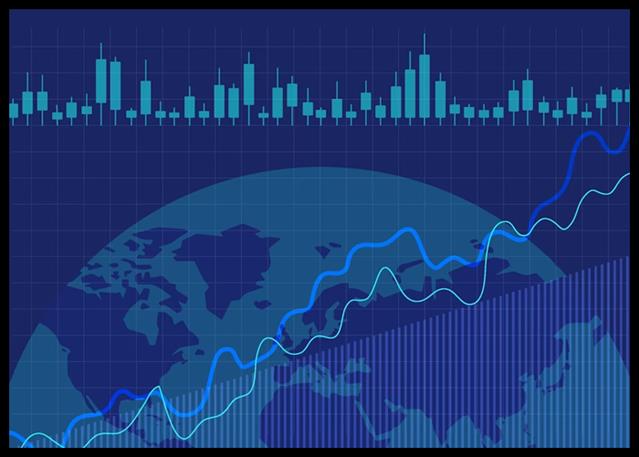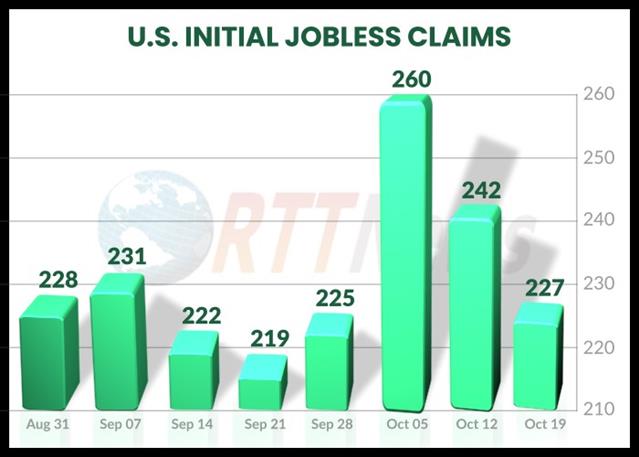German GDP Grows 0.2% As Estimated
The German economy expanded as initially estimated in the first quarter and avoided a recession, thanks to the rebound in investment and exports. Gross domestic product expanded 0.2 percent sequent...

The German economy expanded as initially estimated in the first quarter and avoided a recession, thanks to the rebound in investment and exports.
Gross domestic product expanded 0.2 percent sequentially in the first quarter, in contrast to the 0.5 percent decrease in the preceding three months, Destatis reported Friday.
The statistical office confirmed the flash estimate published on April 30.
“After GDP declined at the end of 2023, the German economy started 2024 with positive growth,” Federal Statistical Office President Ruth Brand said.
On a yearly basis, the calendar-adjusted GDP shrank 0.2 percent, the same rate as seen in the fourth quarter and in line with the preliminary estimate.
Price-adjusted GDP logged an annual fall of 0.9 percent, as estimated, after a 0.4 percent drop.
On the expenditure side, household consumption dropped 0.4 percent as spending on food and clothing decreased. Likewise, government spending fell 0.4 percent.
By contrast, gross fixed capital formation was up 1.2 percent following weak performance in the second half of 2023.
Gross fixed capital formation in construction rose significantly by 2.7 percent, while gross fixed capital formation in machinery and equipment fell 0.2 percent.
Positive contributions also came from foreign trade as both exports and imports recovered in the first quarter. Exports of goods and services climbed 1.1 percent. At 0.6 percent, growth in imports was less pronounced.
Changes in inventories contributed nil growth to GDP after providing -0.7 percent to GDP in the previous quarter.
ING economist Carsten Brzeski said the German economy should gain more momentum as strong wage growth should fuel a cautious recovery in private consumption and the inventory cycle should start to turn positive.
The economist said there are still several cyclical factors potentially dragging down economic activity. Moreover, well-known structural weakness will not disappear overnight and it will limit the pace of any rebound, said Brzeski.
Last week, the European Commission projected the German economy to stagnate this year. Growth is seen at a modest 0.1 percent this year. Driven by domestic demand, growth is expected to rise moderately to 1.0 percent next year.
Don’t get caught off guard. Track key Economic Events with RTTNews Economic Trading Calendar.
- Check out our free forex signals
- Follow the top economic events on FX Leaders economic calendar
- Trade better, discover more Forex Trading Strategies
- Open a FREE Trading Account


